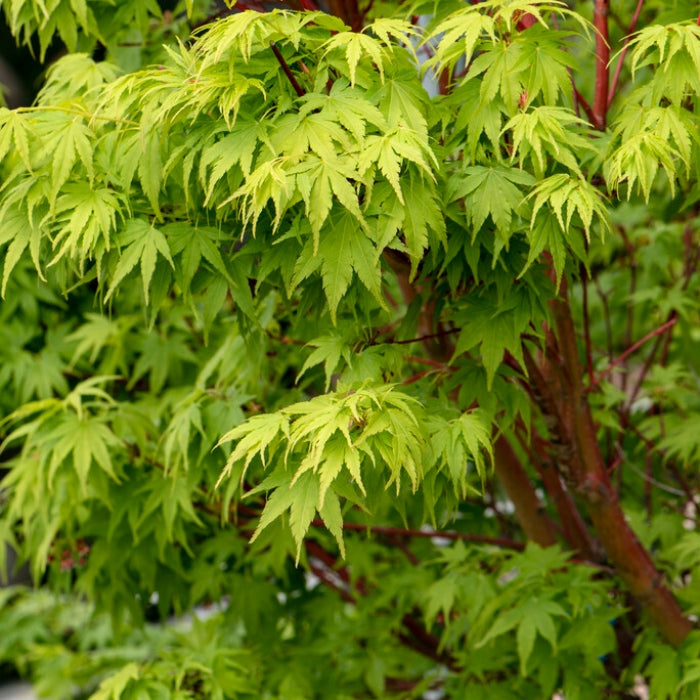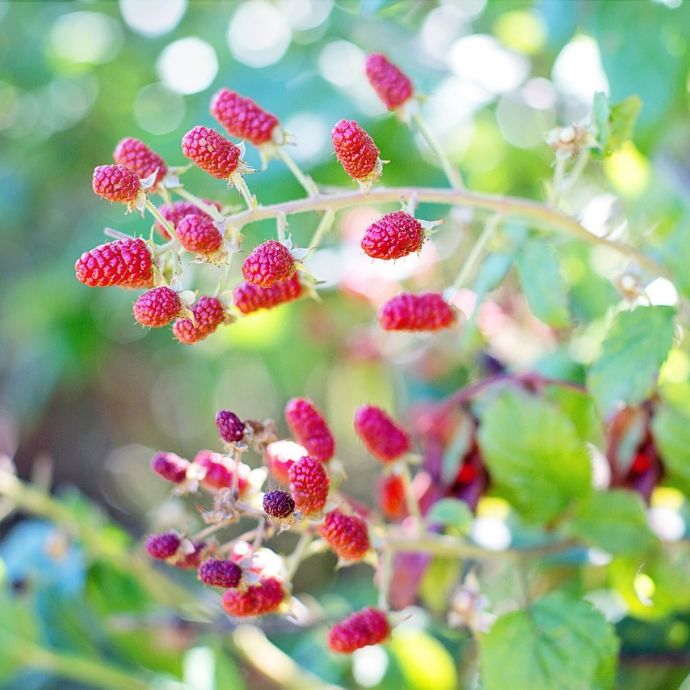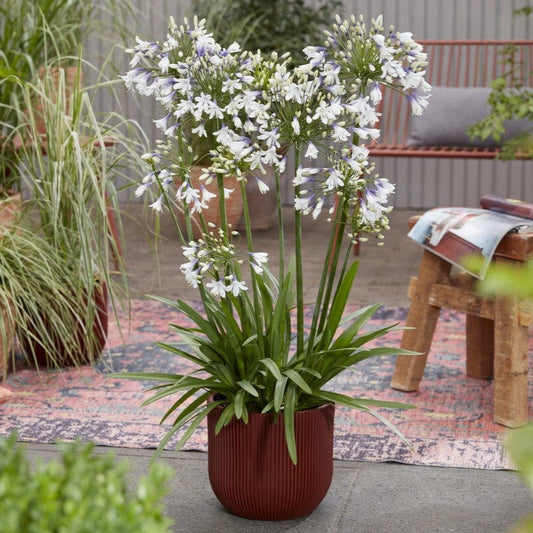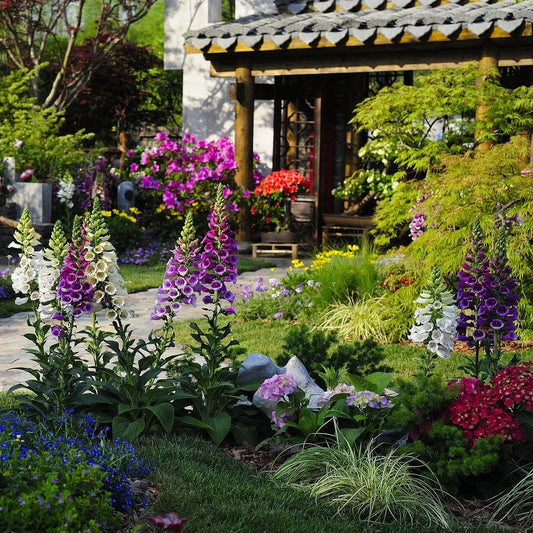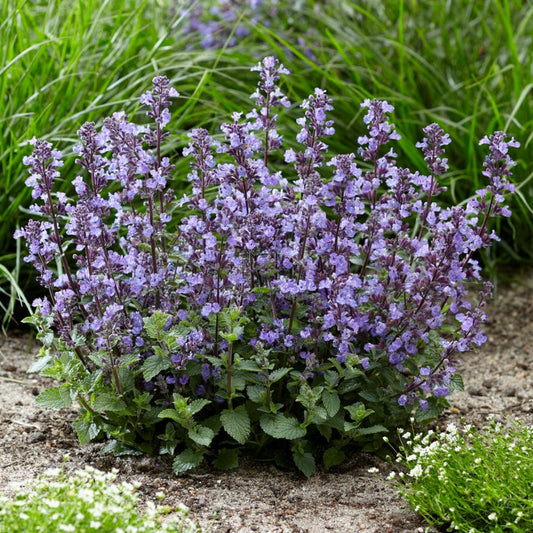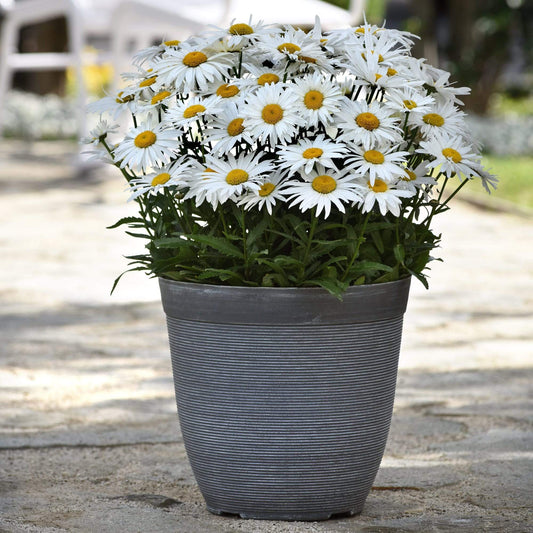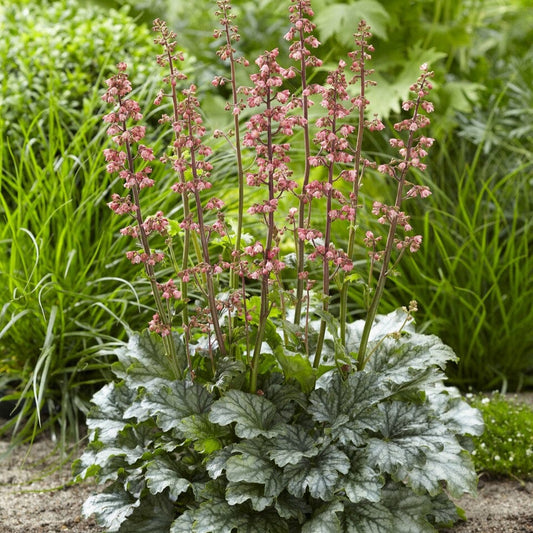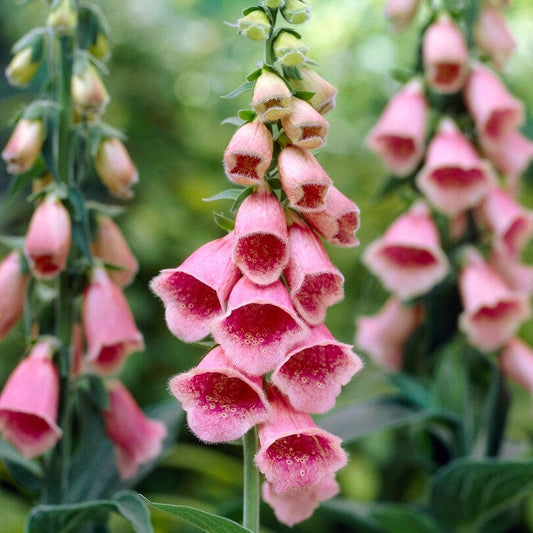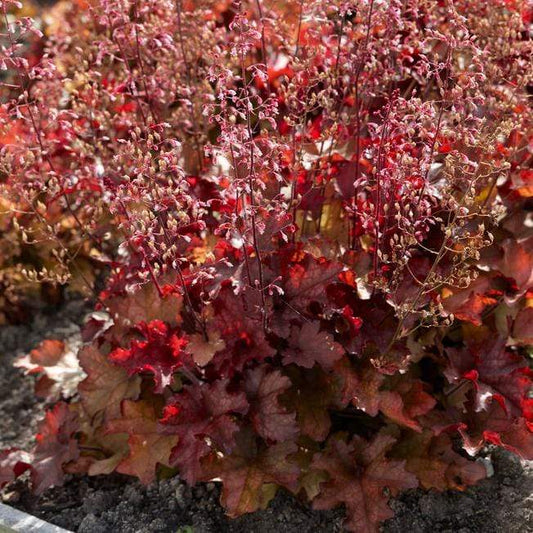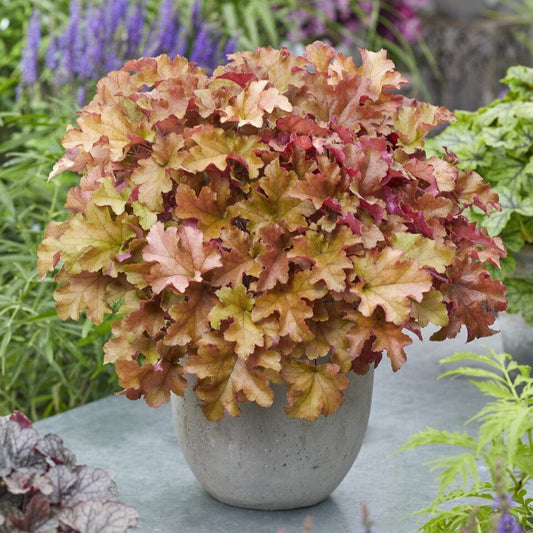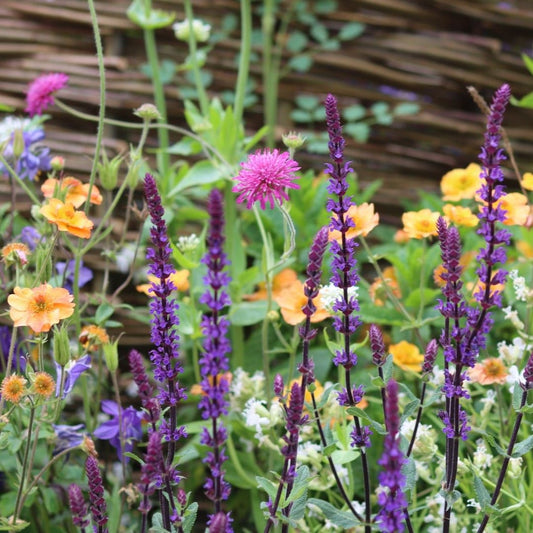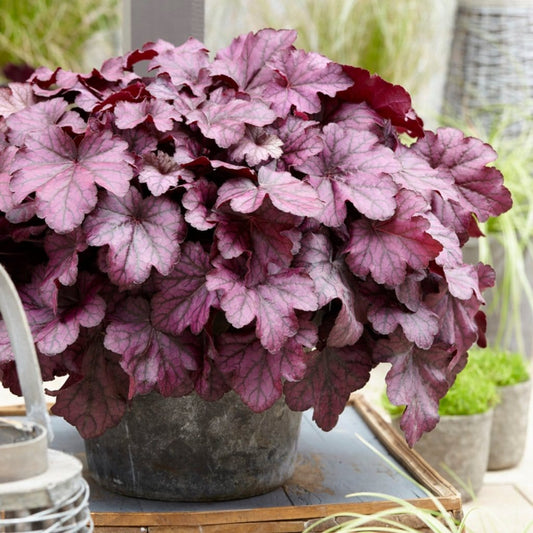How Often and When to Water Your Plants
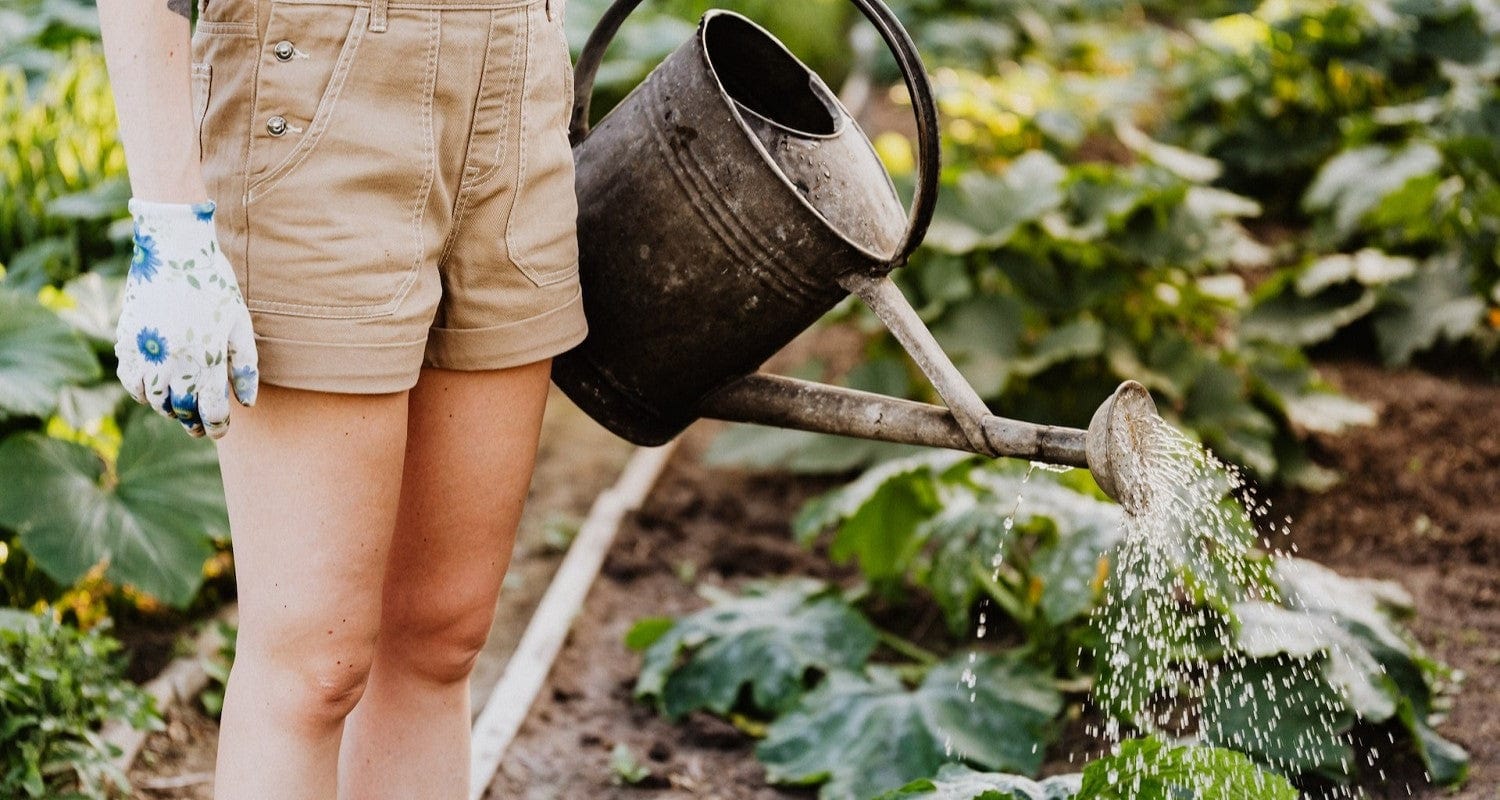
If you’re a beginner gardener, one of the questions you might have is how much and when to water your plants. Knowing the best way to water will help to keep your plants healthy and productive, so there are a few things you will need to take into consideration.
Jump to:
- Size of plants
- Type of plants
- Soil type
- Potted plants
- Time of year and weather
- When to water
- How to water
- Best time to water
1. Consider the size of your plants
As a general rule of thumb, larger plants will need more water. As they produce more leaves and potentially fruit and flowers they will require more water to remain productive.
On every product page you will find a care guide that provides you with exact information on how to water, feed, position and generally care for your new plants!
2. What type of plants you have
Plants with shallow root systems, such as young plants, vegetables and annual bedding will need watering more often than something like a mature tree or shrub.
Mature trees have well developed deep roots which can access water more easily.
Newly planted plants also need more water than those that are established so when you plant out your delivery make sure to give it a good long drink!
3. What type of soil you have
The type of soil in your garden will affect the amount of water you need to give your plants because different soil structures will drain water more easily than other.
Clay soil for example holds more water than sandy soil therefore, the sandier your soil, the more frequently you’ll need to water your plants.
If you're not sure what soil type you have, our experts have put together a comprehensive guide.

4. Are your plants are in pots or not?
When a plant is in the ground the roots can spread deep into the soil to find water whilst the roots of potted plants can’t reach very far at all so they need watering more often.
Always feel the soil first when watering your potted plants as it's very easy to over water them - especially if the pot doesn't have drainage holes! Overwatering can make the pot waterlogged and cause the roots to rot. With potted plants it's best to err on the side of caution!
5. What time of year it is and the weather
In hot weather, water evaporates more quickly so you may need to water your plants every day. This especially goes for plants with shallow root systems like your vegetables.
On the flip side of the coin during the winter you shouldn't have to water at all due to the increase rainfall, lower temperatures and the fact that most of the plants will be dormant.
At other times of year use your best judgement but remember err on the side of caution and don't risk over watering!

How to know when my plants need watering?
Your plants need watering if:
- The soil feels dry when you press it with your fingers.
- The plants start to wilt - their leaves look dry and point downwards. The leaves may also look dull, brown or yellow at the edges or darker than normal.
- If they have stopped producing fruit and or flowers.
What's the best way to water?
The best ways to water are:
- Deep watering because it encourages deeper and stronger root growth.
- Watering with saved rainwater is best for your plants.
- Use a watering can or hosepipe with a sprinkler attachment.
- Water at the base of the plants avoiding wetting the lowest leaves can help prevent fungal diseases such as downy mildew.
When is the best time to water?
The best time to water is:
- Early morning is the best time of day to water the garden. It’s still cool outside, which means less water evaporates and more can reach the roots of the plants.
- If this isn’t possible, late afternoon or early evening is also a good time.
At the end of the day every plant has its own watering needs. If in doubt, check the product page of our website for your plant, where you’ll find complete care instructions for each variety.
Last updated: 13/11/2023
